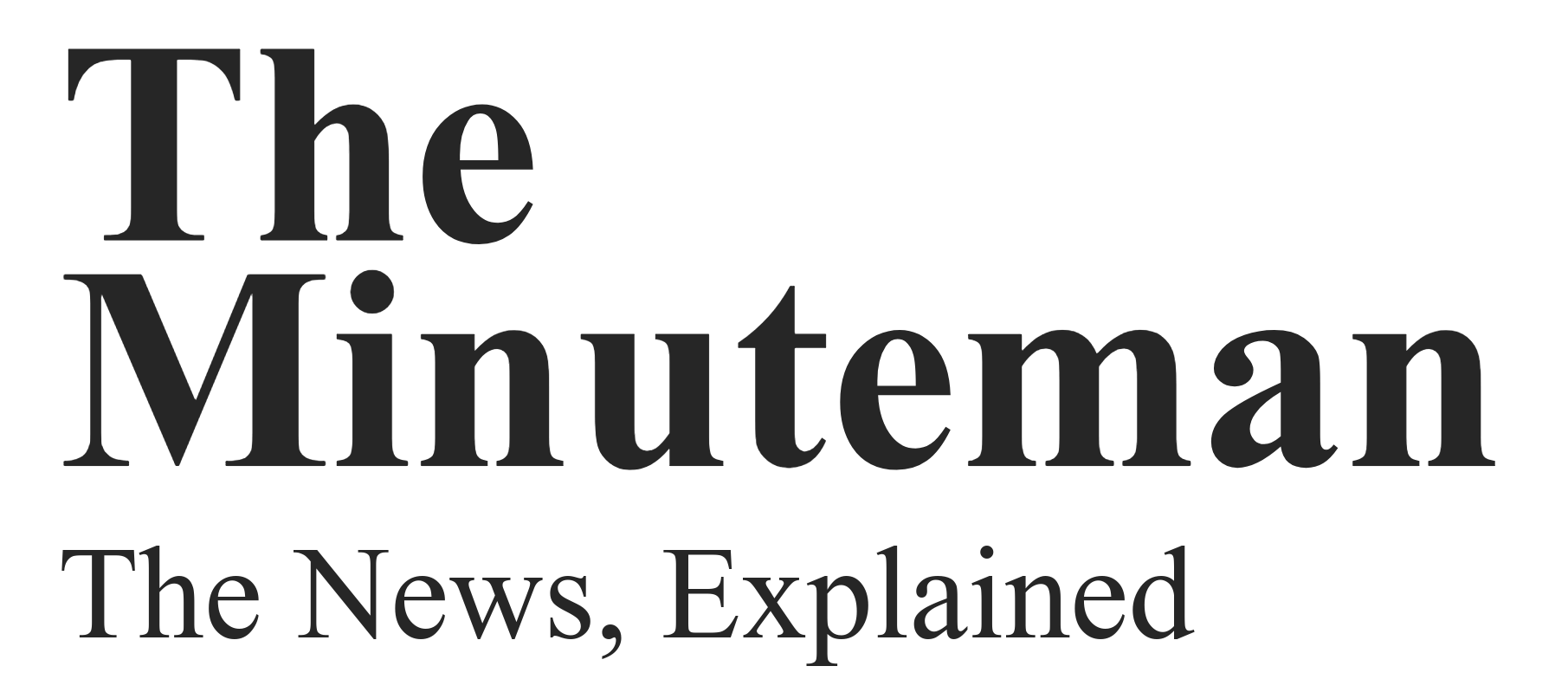401(k)
What is a 401(k)?
A 401(k) is a tax-advantaged retirement savings plan sponsored by employers in the United States. It allows employees to save and invest a portion of their paycheck either before taxes (traditional 401(k)) or after taxes (Roth 401(k)), depending on the type of contribution chosen.
Key Points
- Name origin: The plan is named after Section 401(k) of the Internal Revenue Code, added in 1978 to allow employees to defer taxation on a portion of their income.
- Job changes: When you switch jobs, you can roll your 401(k) into a new employer’s plan or into an individual retirement account (IRA) to avoid taxes and penalties.
- Payout: You can start withdrawing funds penalty-free at age 59½. Distributions are taxed as income unless it’s a Roth 401(k), which is tax-free if rules are followed.
- Employer match: Many employers match a portion of your contributions, which is essentially free money toward your retirement.
- Contribution limits: The IRS sets annual limits on how much you can contribute; for 2025, it’s $23,000 for most people, with a $7,500 catch-up limit for those over 50.
FAQ
- Can I withdraw early? Yes, but withdrawals before age 59½ may incur a 10% penalty and income tax unless an exception applies.
- What if I stop contributing? Your money stays invested and continues to grow, but you won’t get new contributions or any employer match.
- Is a Roth 401(k) better than traditional? It depends on whether you expect your tax rate to be higher or lower in retirement.





